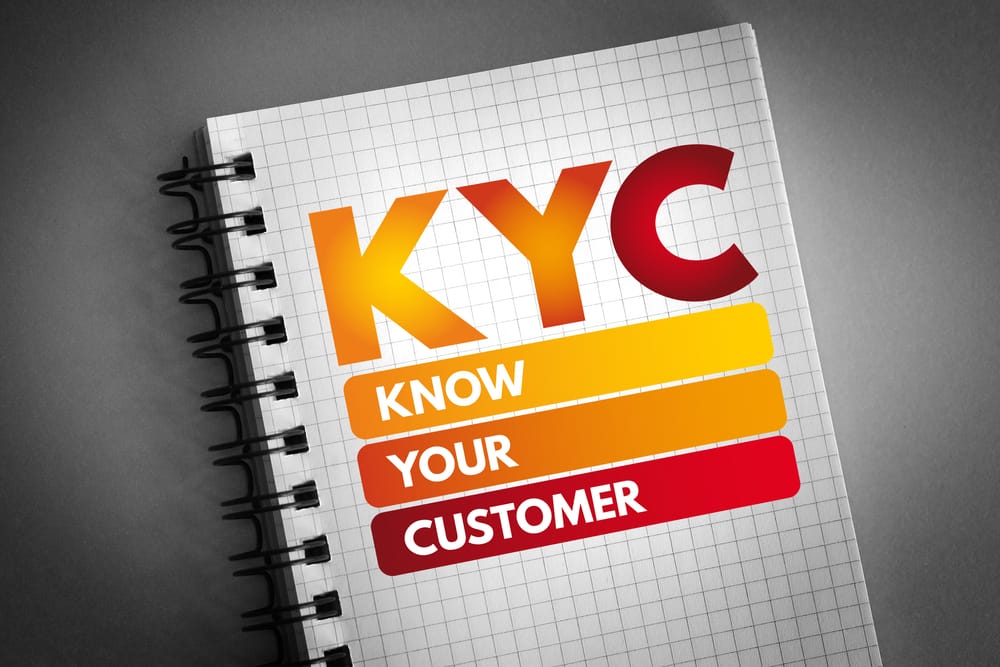Blockchain technology is revolutionizing various sectors by providing secure, transparent, and decentralized solutions. In the realm of Know Your Customer (KYC), blockchain offers significant advantages, enhancing security and compliance. This article explores the benefits and applications of blockchain for KYC, highlighting how this technology improves the KYC process.
The Role of Blockchain in KYC Processes
Traditional KYC processes often involve repetitive, time-consuming tasks and the sharing of sensitive data across multiple parties. Blockchain technology addresses these challenges by providing a secure and immutable ledger that can streamline and enhance the KYC process.
Benefits of Blockchain for KYC
Enhanced Security
Description: Blockchain provides a secure way to store and share customer data, reducing the risk of data breaches and fraud.
How It Works:
- Decentralized Storage: Customer data is stored across a decentralized network, making it less vulnerable to attacks.
- Cryptographic Security: Data on the blockchain is secured through cryptographic algorithms, ensuring that it cannot be altered or tampered with.
Benefits:
- Data Integrity: Ensures that customer data remains accurate and unchanged.
- Reduced Fraud: Decreases the risk of fraudulent activities by providing a secure and transparent record of all transactions.
Transparency and Trust
Description: Blockchain provides a transparent and auditable trail of all KYC activities.
How It Works:
- Immutable Ledger: All KYC transactions are recorded on an immutable ledger, providing a permanent record.
- Auditability: Regulatory authorities and other stakeholders can easily audit the KYC process.
Benefits:
- Trust: Builds trust among customers, financial institutions, and regulators.
- Accountability: Enhances accountability by providing a clear record of all actions taken during the KYC process.
Efficiency and Cost Reduction
Description: Blockchain can streamline KYC processes, reducing the time and cost associated with identity verification.
How It Works:
- Shared Ledger: Multiple financial institutions can share a single KYC record, eliminating the need for repetitive checks.
- Automated Processes: Smart contracts can automate various aspects of the KYC process, such as identity verification and compliance checks.
Benefits:
- Reduced Redundancy: Eliminates the need for multiple institutions to verify the same customer identity.
- Cost Savings: Lowers operational costs by reducing the resources needed for manual KYC checks.
Applications of Blockchain in KYC
Decentralized Identity Verification
Description: Blockchain enables the creation of a decentralized digital identity for each customer.
How It Works:
- Digital Identity Creation: Customers create a digital identity that is stored on the blockchain.
- Verification by Multiple Parties: This identity can be verified by multiple trusted parties, such as banks and government agencies.
- Immutable Record: Once verified, the identity record cannot be altered.
Benefits:
- Security: Enhances security by providing a tamper-proof identity record.
- Convenience: Simplifies the identity verification process for customers and institutions.
Smart Contracts for Compliance
Description: Smart contracts on the blockchain can automate compliance checks and processes.
How It Works:
- Automated Checks: Smart contracts execute predefined compliance checks automatically when conditions are met.
- Real-Time Updates: Compliance status and updates are recorded on the blockchain in real-time.
- Auditability: Provides an auditable trail of all compliance activities.
Benefits:
- Efficiency: Reduces the time and resources needed for compliance checks.
- Accuracy: Ensures that compliance checks are executed consistently and accurately.
- Cost-Effective: Lowers the costs associated with manual compliance processes.
Cross-Institutional KYC
Description: Blockchain allows multiple financial institutions to access and share a single KYC record.
How It Works:
- Shared Ledger: A shared ledger is maintained on the blockchain, containing verified KYC records.
- Access Control: Only authorized institutions can access and update the KYC records.
- Immutable Record: All changes and updates are recorded on





